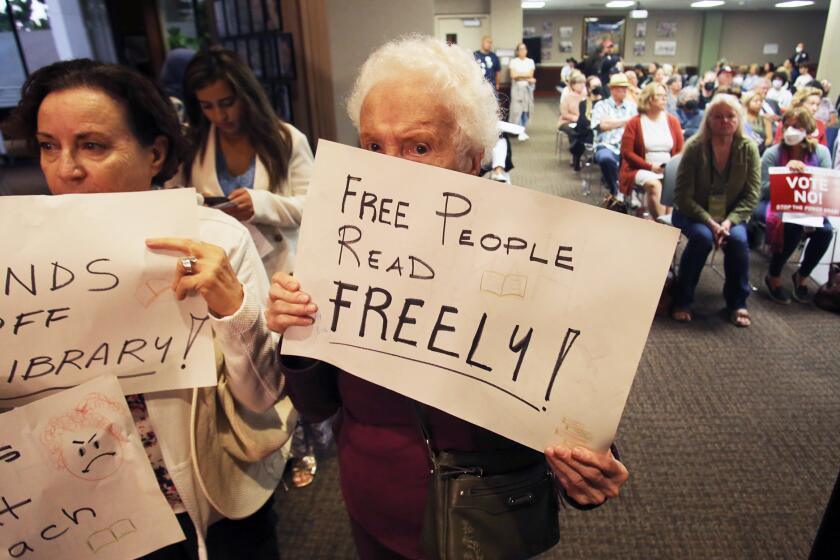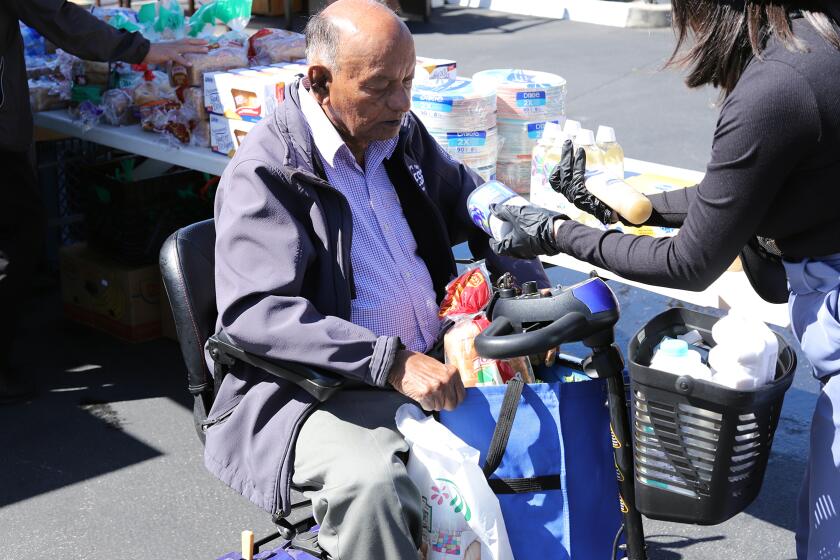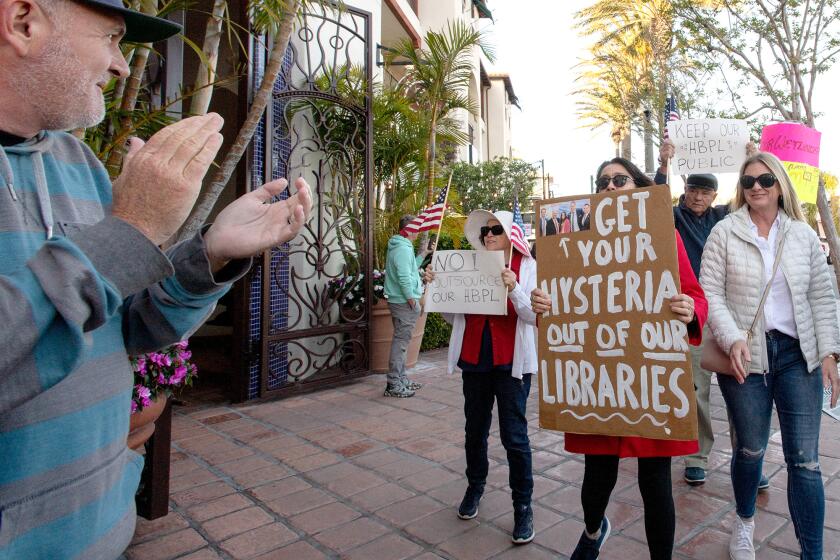Commentary: Fairview site provides infrastructure to continue helping those in desperate need
The Fairview Developmental Center in Costa Mesa is a remnant of a recent past when people with developmental disabilities were essentially warehoused and kept away from mainstream society.
But it can have a bright future.
For one, we have changed the way we view and interact with people with developmental disabilities, with many now recognizing the value and contribution they make to our communities. They are our family, co-workers and neighbors.
Fairview was built in 1959 as a state hospital and has had some 2,700 residents with developmental disabilities. Today it houses less than 200 people, as many former residents are transitioning into the community under the assurance of the Lanterman Developmental Disabilities Act — which says people with developmental disabilities and their families have a right to get the services and supports their need to live like people without disabilities — and in response to tightening state budgets.
Since 1977, the nonprofit Project Independence has been helping people live and work with support in the community. In 2007, it merged with another 30-year-old nonprofit, Vantage, whose mission was to help people with complex lives and behavioral issues transition from institutional care into jobs and college classes, right alongside their non-disabled peers.
Project Independence is accustomed to addressing the fears of this increased autonomy head on. There are risks people with developmental disabilities face when stretching their wings, but we have anecdotal stories of success, and countless long-term studies that show people are “wildly happy” when they leave institutions.
But our system is fragile in California. An extensive network of Regional Centers and both for-profit and nonprofit vendor organizations provide case management and an array of services under the Department of Developmental Services.
But unlike Regional Centers, the vendor community struggles with the ability to pay adequate salaries to attract and retain qualified staff. This is only getting worse as housing becomes more expensive and the cost of living skyrockets. We have to allocate resources so the most critical piece of the system, the direct service staff, can be compensated adequately. Current rates are abysmally low.
Which brings us back to Fairview. This plot of land is so valuable because it can accommodate affordable housing and provide a space for services for mental health and homelessness. Most importantly, its proper use will protect the promise of the Lanterman Act for people with developmental disabilities.
We should not replicate the mistakes made with people with mental illness by not having a strong community-based support system. We can see the results of that nightmare in every park, prison and public space.
Instead, we have to keep the resources within the Department of Developmental Services — both the savings incurred and the proceeds from the sale of the land. We can’t afford not to do so. Rebuilding our fragile system would be outrageously expensive. Let’s just save the one we have and adequately fund it with resources already available.
DEBRA MARSTELLER is president and CEO of Project Independence.
All the latest on Orange County from Orange County.
Get our free TimesOC newsletter.
You may occasionally receive promotional content from the Daily Pilot.



